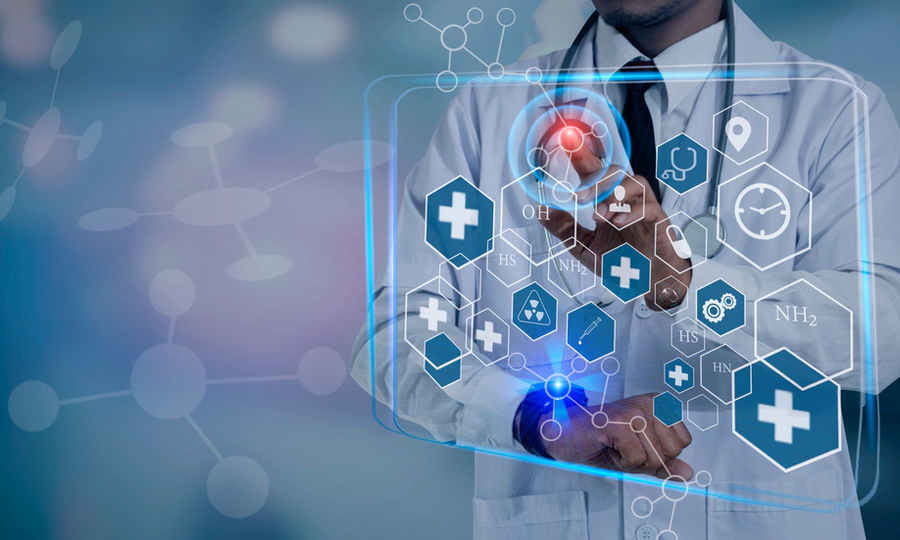India faces a significant challenge in providing affordable and universal healthcare to all its citizens. While nearly a billion people live in rural areas, 69 percent of hospital beds are concentrated in urban areas. The rural healthcare system grapples with neglect and disparity, with primary healthcare facilities being under-resourced and understaffed, failing to adequately serve around two-thirds of the population.
Financing poses a major constraint. India’s allocation for health in terms of GDP was only 2.96% in 2020, falling short compared to neighboring countries like China and Nepal. Rural communities suffer disproportionately, lacking access to secondary and tertiary care, resulting in untreated preventable diseases and the necessity for long journeys to access specialized medical attention.
Experts have long proposed using advanced information technologies to reduce these disparities. Telehealth and telemedicine applications have shown promise but given India’s geographical size and population, only a disruptive technological solution can truly improve healthcare access for all.
Digitalizing healthcare records through Electronic Health Records (EHRs) holds promise as a solution. While widely adopted in the West, India lags behind in their adoption. The government is encouraging widespread adoption and has introduced standards for EHRs. Under initiatives like Ayushman Bharat Digital Mission, millions of health accounts have been created and linked to health records. Incentives are provided for the creation of new EHRs under schemes like the Digital Health Incentives Scheme.
Integration of EHRs with next-generation telemedicine platforms could significantly enhance remote diagnostics and monitoring, especially in rural areas. AI-powered clinical decision support systems could help manage higher patient workloads without compromising quality. Remote monitoring solutions integrated with EHRs could identify health issues promptly.
Predictive analytics applied to anonymized data could identify at-risk populations for preventive measures. AI and EHRs together could revolutionize healthcare delivery by providing customized treatment suggestions and diagnostic insights.
EHR adoption also promises improvements in patient autonomy and engagement, fostering responsibility and adherence to treatment plans. This could alleviate the burden on the healthcare system and improve patient satisfaction and outcomes.
Accelerated adoption of EHRs, along with suitable policy interventions, could democratize quality healthcare for all Indians, bringing healthcare delivery in India on par with developed nations.






























